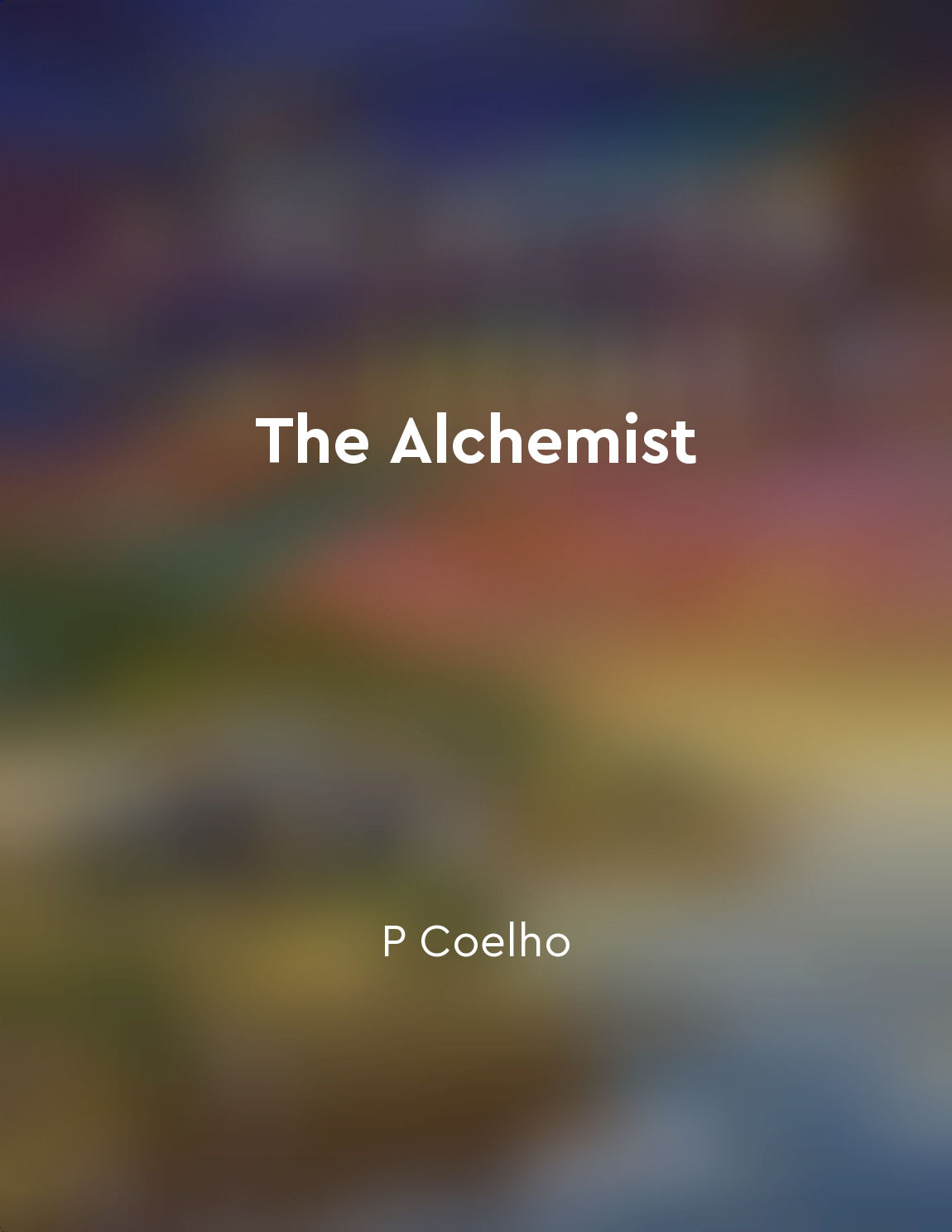The conflict between reason and faith in shaping one's worldview from "summary" of Brothers Karamazov by Fyodor Dostoevsky
Throughout the novel "Brothers Karamazov," the characters grapple with the age-old conflict between reason and faith, a struggle that deeply influences their worldviews. This conflict is embodied in the characters of Ivan and Alyosha, who represent opposing forces in the battle between skepticism and belief. Ivan, the rationalist, is a man of intellect and logic. He questions the existence of God and the morality of the world, unable to reconcile the suffering he sees with the idea of a benevolent creator. His rejection of faith is rooted in his reliance on reason, which leads him to view the world through a lens of skepticism and doubt. Ivan's worldview is shaped by his inability to accept anything that cannot be proven or understood through rational means. On the other hand, Alyosha embodies faith and spirituality. He is guided by his belief in God and the teachings of the Orthodox Church, finding solace and meaning in his religious convictions. Alyosha's worldview is shaped by his faith, which allows him to see the world as a place of divine purpose and redemption, despite its inherent suffering and injustice. The conflict between reason and faith in shaping one's worldview is evident in the interactions between Ivan and Alyosha. Ivan's skepticism challenges Alyosha's faith, forcing him to confront the limitations of his beliefs and grapple with the doubts that arise from rational questioning. Conversely, Alyosha's unwavering faith challenges Ivan's rationalism, prompting him to consider the possibility of a reality beyond the bounds of reason.- The tension between reason and faith intensifies, ultimately culminating in a profound exploration of the complexities of human belief and doubt. Through the characters of Ivan and Alyosha, Dostoevsky delves deep into the conflict between reason and faith, illustrating how these opposing forces shape and define one's worldview in profound and meaningful ways.
Similar Posts

Find meaning in every experience
In every experience, there is a lesson waiting to be learned. Life presents us with challenges and obstacles, but it is up to u...
Moral law must be based on reason
The concept of moral law being based on reason is a fundamental principle in Kant's philosophy. According to Kant, reason is th...

Social media fuels our tribal instincts
In the digital age, our tribal instincts have found a new playground to run wild - social media. These platforms have become th...
God, faith, doubt, and moral responsibility
The theme of God, faith, doubt, and moral responsibility permeates throughout the narrative of "The Brothers Karamazov" as expl...
Will he emerge victorious or succumb to darkness?
As the protagonist stood at the crossroads of destiny, a daunting question loomed over his head like a dark cloud ready to burs...
The impact of childhood experiences on adult behavior
The Brothers Karamazov explores the idea that childhood experiences play a crucial role in shaping adult behavior. The novel de...
The consequences of unchecked pride and arrogance
The story of Brothers Karamazov vividly portrays the dire consequences that arise from unrestrained pride and arrogance. In the...
The ethical and religious realms are fundamentally different
In God's name, we must confront the paradox that lies at the heart of our existence. The ethical and religious realms stand in ...
A journey of discovery and selfdiscovery
The journey of discovery and self-discovery is a central theme in the novel "People of the Book" by Geraldine Brooks. Throughou...

